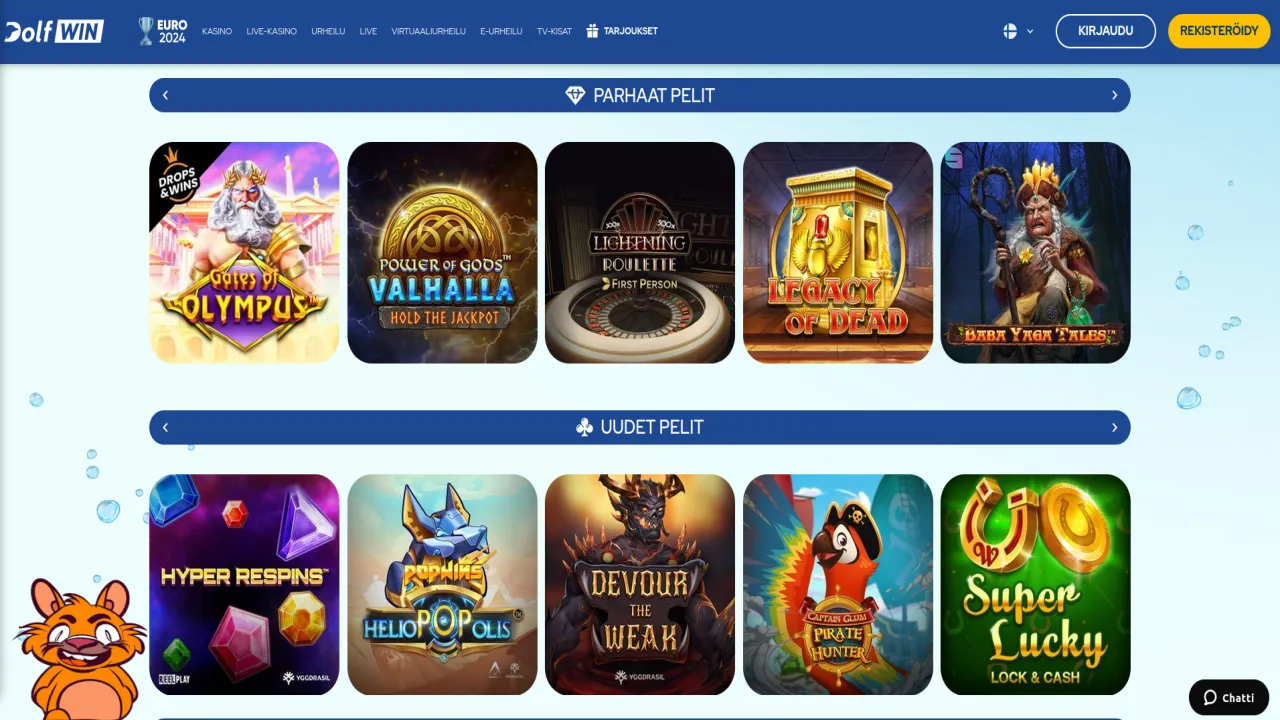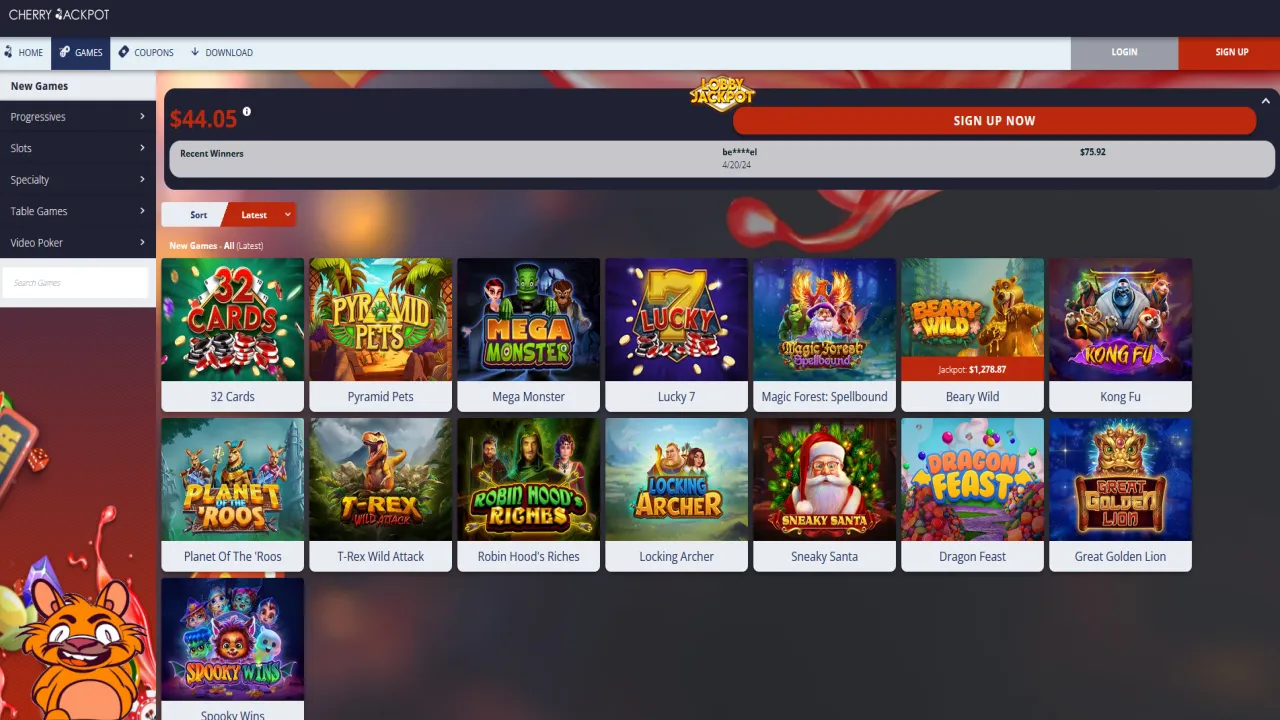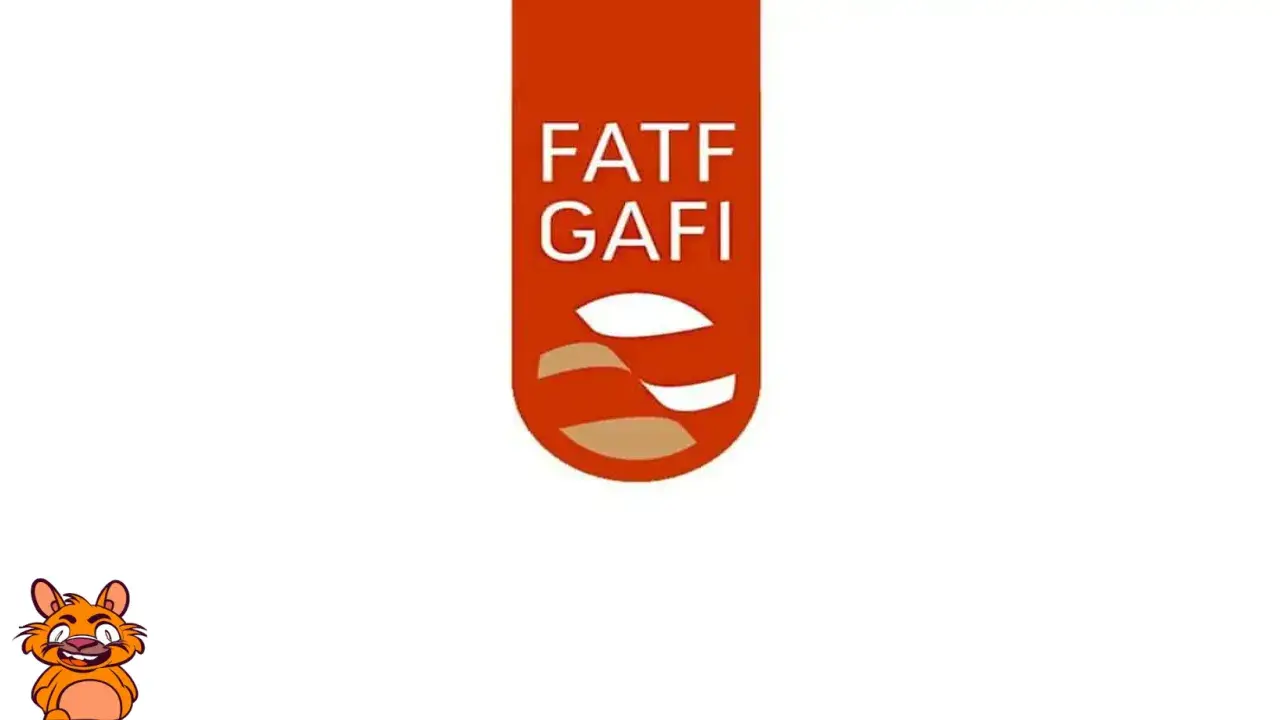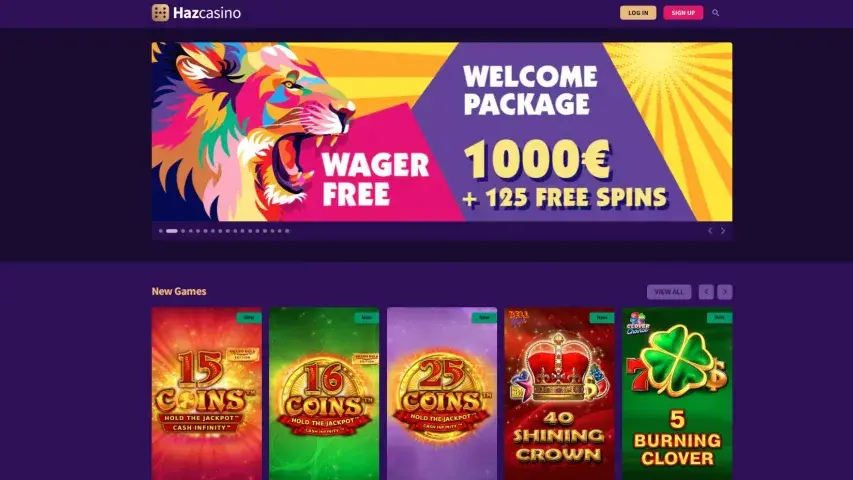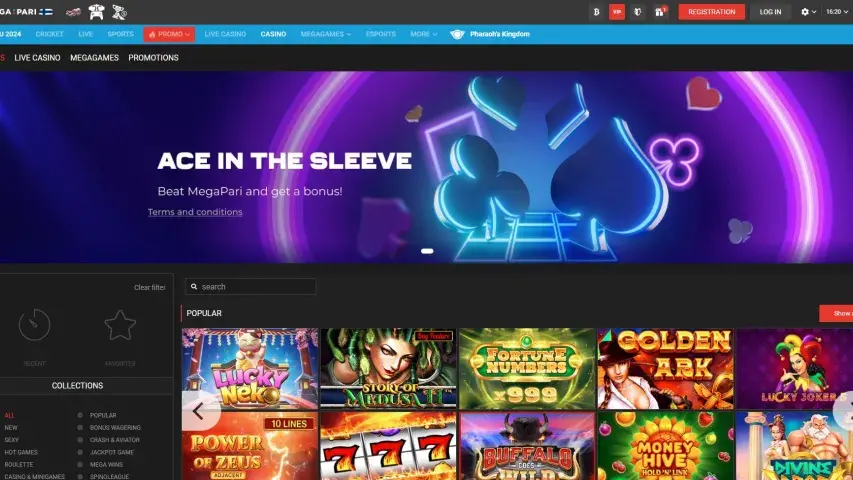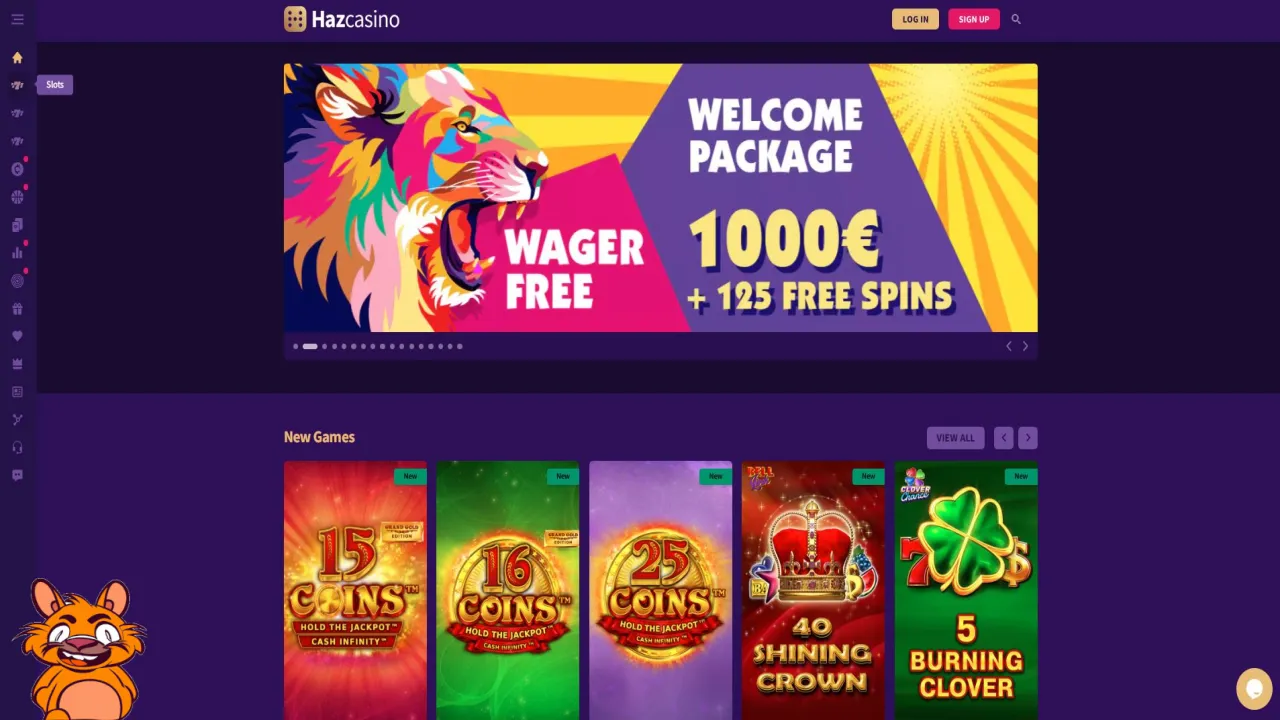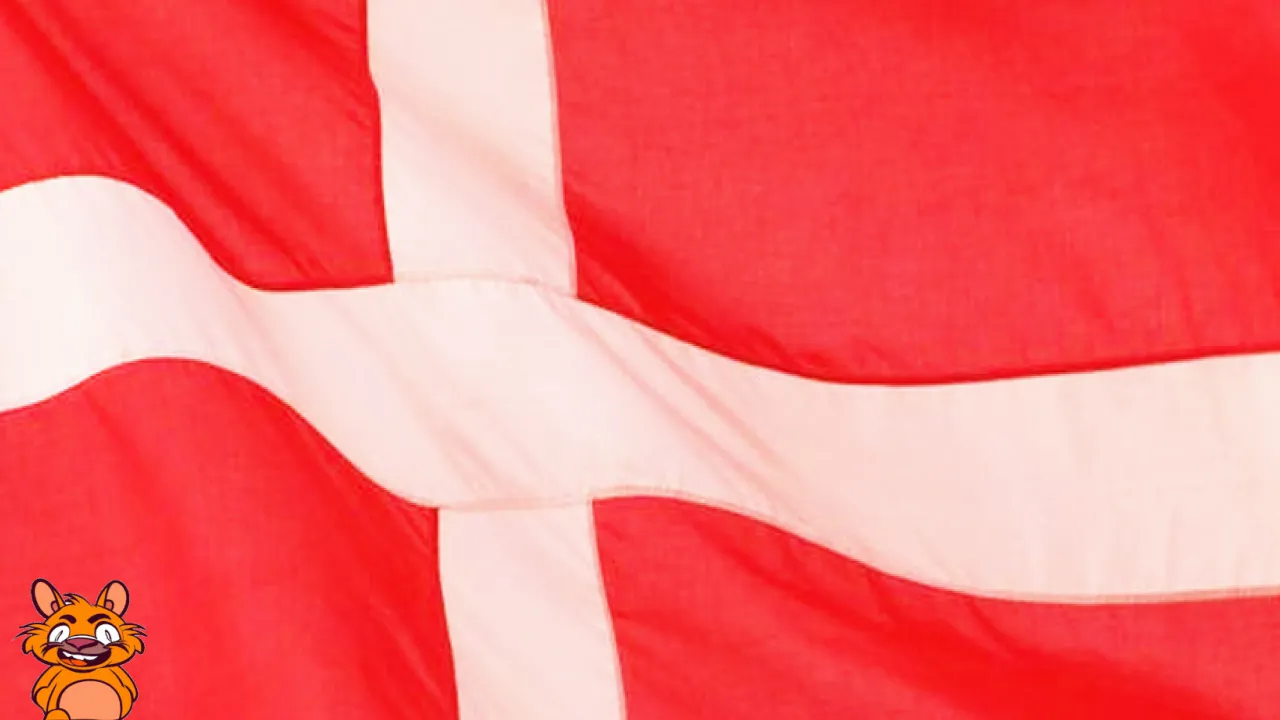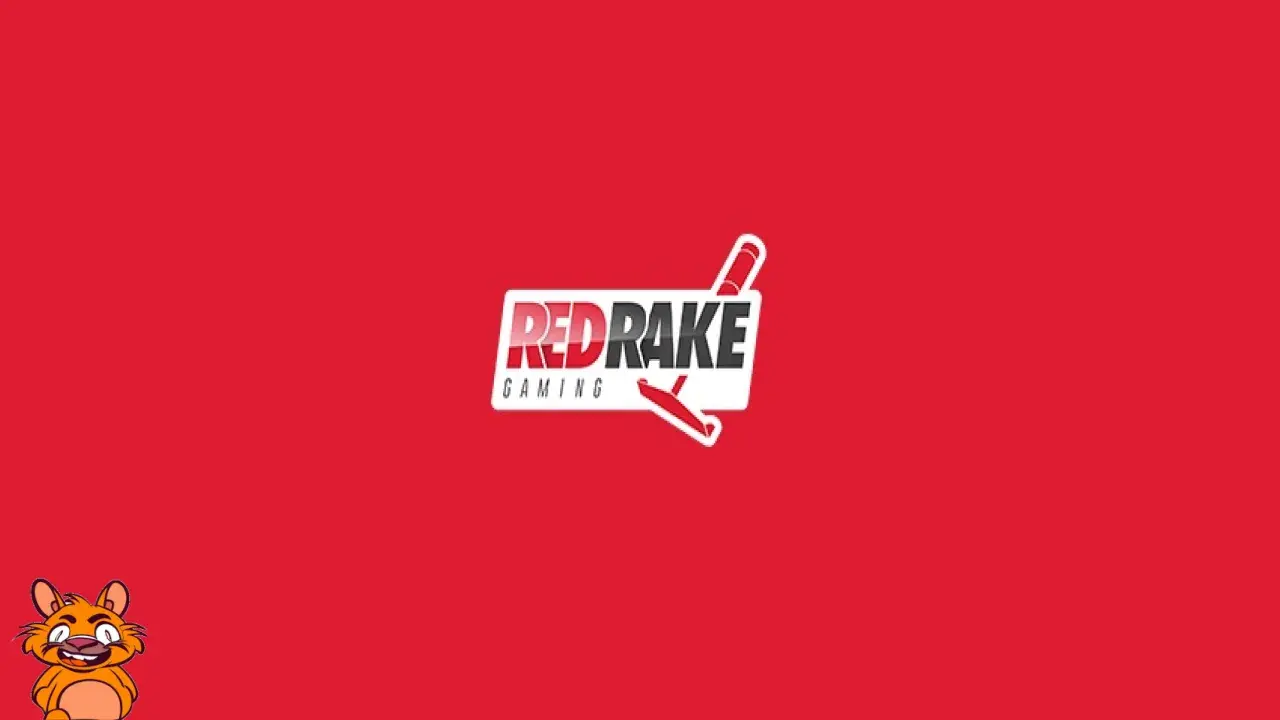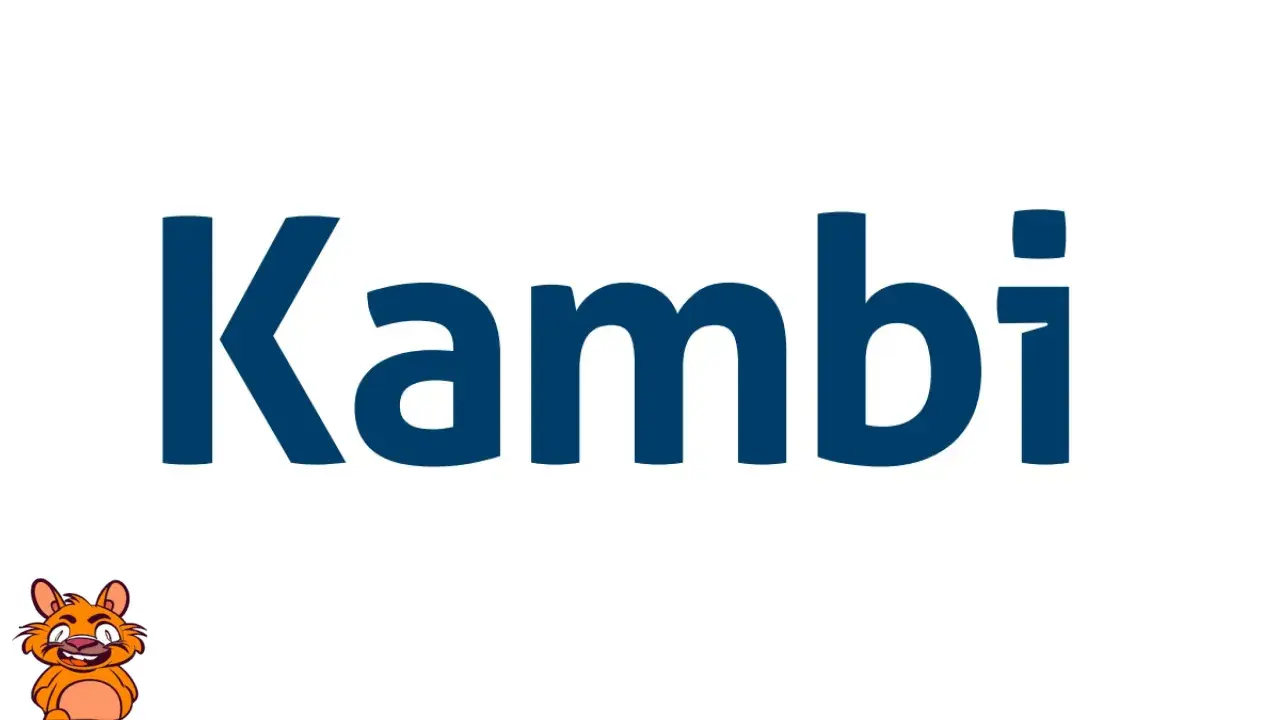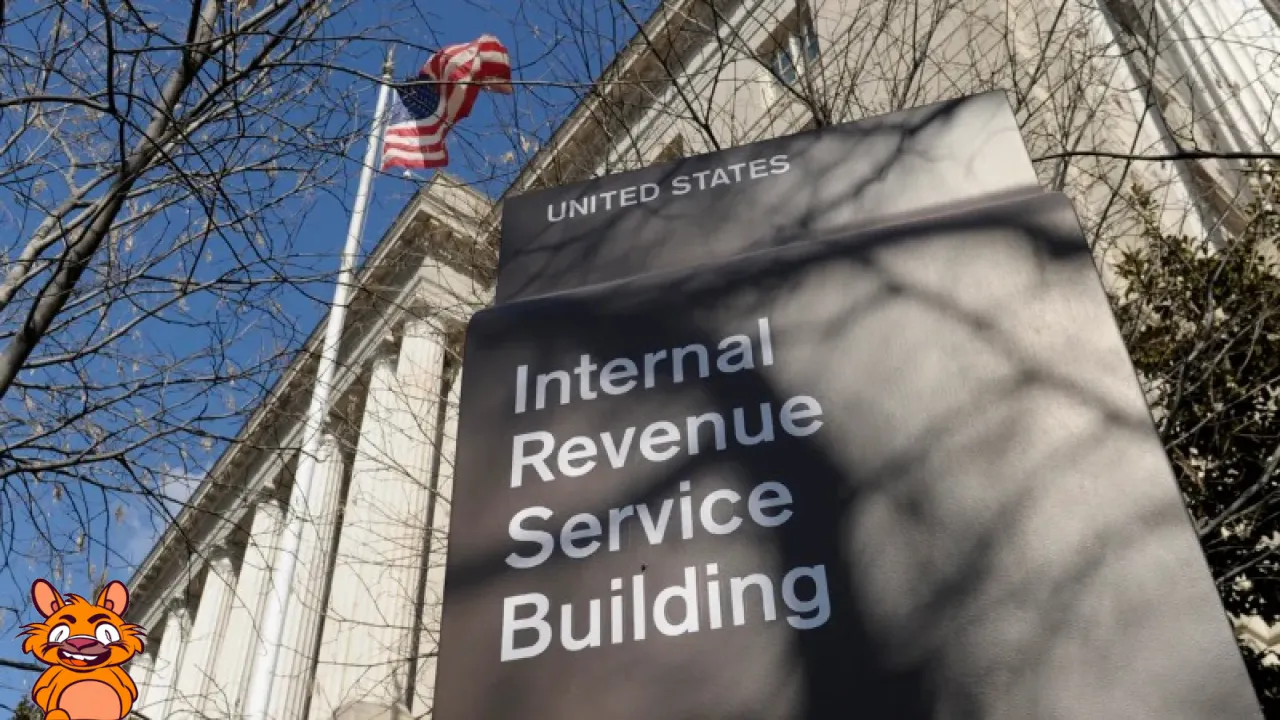The Philippines remains on the FATF grey list, signifying the need to address shortcomings in its anti-money laundering framework. This status poses both challenges and opportunities for the iGaming industry, requiring operators to enhance compliance measures. While major players like NetEnt and Microgaming are well-equipped to handle these requirements, smaller providers may struggle. Enhanced regulatory measures and collaboration with industry stakeholders could eventually lead to a more resilient and compliant gaming environment, increasing market stability and attractiveness for both operators and investors.
Philippines Remains on FATF Grey List: Implications for the iGaming Industry
According to recent news emerging from CasinoALMA sources, the Philippines continues to remain on the Financial Action Task Force (FATF) grey list. This decision highlights the country's ongoing need to implement its action plan to resolve strategic deficiencies in its anti-money laundering (AML) framework. The presence of the Philippines on the grey list poses significant challenges and opportunities for the iGaming sector.
FATF Grey List: What Does It Mean?
The FATF grey list is a log of countries that need to address deficiencies in their efforts to combat money laundering and terrorist financing. Countries on this list are subjected to increased monitoring by the FATF to ensure that they comply with international standards. While it’s not as severe as being on the black list, being on the grey list indicates significant compliance gaps that need urgent addressing.
Impact on the iGaming Industry
The implications of this designation are multifaceted. Primarily, gaming operators may face increased scrutiny from regulators both domestically and internationally. This scrutiny is likely to influence operational complexities, with operators needing to bolster their compliance frameworks to meet stringent AML requirements.
Major players in the iGaming industry, including giants like NetEnt and Microgaming, usually have robust AML policies. Smaller, less established providers may struggle to meet these heightened standards, potentially leading to market consolidation.
Enhanced Regulatory Measures
The grey list status often leads to enhanced regulatory measures in an attempt to exit the list. The Philippines might see an uptick in efforts to tighten regulations around the online casino sector. For iGaming companies, this can mean more rigorous audits, enhanced due diligence, and increased reporting requirements.
Brands such as MyEmpire and Neon54 that are already known for strong compliance frameworks may find this an opportunity to showcase their adherence, potentially gaining a competitive edge.
Opportunities for Collaboration
The current scenario also opens avenues for increased collaboration between industry stakeholders and regulators. By participating in AML training, workshops, and policy reform initiatives, iGaming operators can demonstrate their commitment to compliance. Collaboration with leading database sources like CasinoALMA Finland and CasinoALMA Sweden can provide essential resources and updates on evolving compliance requirements.
Effect on International Operators
For international operators looking to enter the Philippine market, the grey list status poses both a risk and an opportunity. The need for stringent compliance may deter some, while others might see it as a chance to set up operations in a market poised for future regulatory clarity. Companies like Rebellion and Netbet with solid compliance histories may view this as a strategic entry point.
The grey list status underscores the importance of strong regulatory measures. It is a reminder to international iGaming operators to maintain rigorous compliance and robust operational frameworks.
Future Projections and Industry Sentiment
Progress and Projections
While being on the FATF grey list is far from ideal, it can serve as a catalyst for positive change. The measures the Philippines undertakes to exit the list will likely result in a more resilient and compliant iGaming environment, which ultimately benefits both operators and players. Enhanced trust and regulatory alignment could lead to increased player engagement and economic growth.
Projections indicate that once compliance measures are firmly in place, the Philippines could emerge as a strong player in the global iGaming market, thanks to its vibrant gaming culture and large potential user base.
Industry Sentiment
Industry insiders express cautious optimism. Many believe that while the immediate future will require navigating compliance challenges, the long-term outlook remains positive. Once the Philippines successfully exits the grey list, it will likely become a more attractive destination for both operators and investors.
The sentiment across popular casinos like Solcasino and LetsLucky is that regulatory clarity will bring stability, encourage responsible gaming, and enhance player protections, making the overall market more sustainable and lucrative.
Case Studies: How Leaders Adapt to Compliance
Blueprints for Success
Leading operators can offer valuable case studies on adapting to enhanced compliance requirements. For instance, Microgaming and Playtech have established benchmarks for AML compliance in various jurisdictions. These companies utilize advanced analytics, robust internal audits, and ongoing employee training to stay ahead of regulatory demands.
Learning from Success
Newer entrants can learn from successful examples. Companies like Drip and CrocoSlots, which have recently gained traction, should look towards industry leaders for best practices. Implementing strong compliance measures from the outset can lead to long-term success and market stability.
Regulatory Insights from Sweden
CasinoALMA Sweden reports that Swedish regulatory body Spelinspektionen has called for a comprehensive ban on gambling with credit to enhance consumer protection. The ban includes preventing state operators and gambling agents from processing deposits or bets financed by credit. This initiative underscores Sweden's commitment to tightening gambling regulations and protecting players from excessive gambling risks.
Moreover, Spelinspektionen has highlighted concerns over ambiguity in the proposed rules, particularly regarding the interpretation of "credit". The regulator argues that clearer guidelines are needed to ensure effective implementation and compliance by license holders and gambling agents.
Sweden's proactive approach in regulating the gambling industry serves as a model for other countries grappling with similar challenges. The increased focus on responsible gaming and consumer protection aligns with global trends towards stricter gambling regulations.
Impact of Swedish Measures on iGaming
The proposed credit ban and heightened regulatory measures in Sweden are expected to have a significant impact on the iGaming industry. Operators will need to adapt to the new regulations by enhancing their compliance frameworks and ensuring that they do not offer credit-based gambling options. This may involve investing in advanced technological solutions and training programs for staff to meet the new requirements.
Furthermore, the ban on unlicensed operators targeting Swedish players highlights the importance of regulatory compliance for iGaming companies. Operators like Newera Frozen PTE and Aprodi Limited have faced bans for offering illegal "skin" lotteries. This enforcement action serves as a warning to other operators about the consequences of non-compliance.
Future Projections for the Swedish Market
Sweden's commitment to strengthening its gambling regulations is expected to create a more stable and secure market. The increased focus on AML measures and consumer protection will likely enhance the industry's reputation and attract more responsible players. Additionally, the proposed tax adjustments and higher sanction fees for AML violations demonstrate the government's dedication to ensuring the integrity of the gambling market.
With these regulatory measures in place, Sweden is poised to set an example for other jurisdictions aiming to create a safer and more regulated gambling environment. The emphasis on responsible gaming and strict enforcement of regulations will contribute to the long-term sustainability of the iGaming industry in Sweden.
Conclusion
The FATF grey list status should be seen as an opportunity for the iGaming industry in the Philippines to enhance its regulatory framework. The road to compliance may be challenging, but the benefits of a robust, transparent, and trustworthy market far outweigh the initial hurdles. CasinoALMA remains committed to providing the latest updates and insights on this evolving story. Stay tuned to CasinoALMA for more news and in-depth analyses.
The proactive measures taken by Sweden serve as a reminder to the global iGaming industry of the importance of regulatory compliance and consumer protection. By learning from successful case studies and adapting to enhanced regulations, operators can create a safer and more responsible gambling environment for all players.



